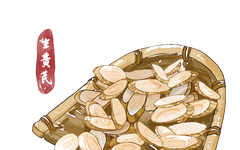Author: Zhu Haiqing, Deputy Chief Pharmacist, Shanghai Traditional Chinese Medicine Hospital
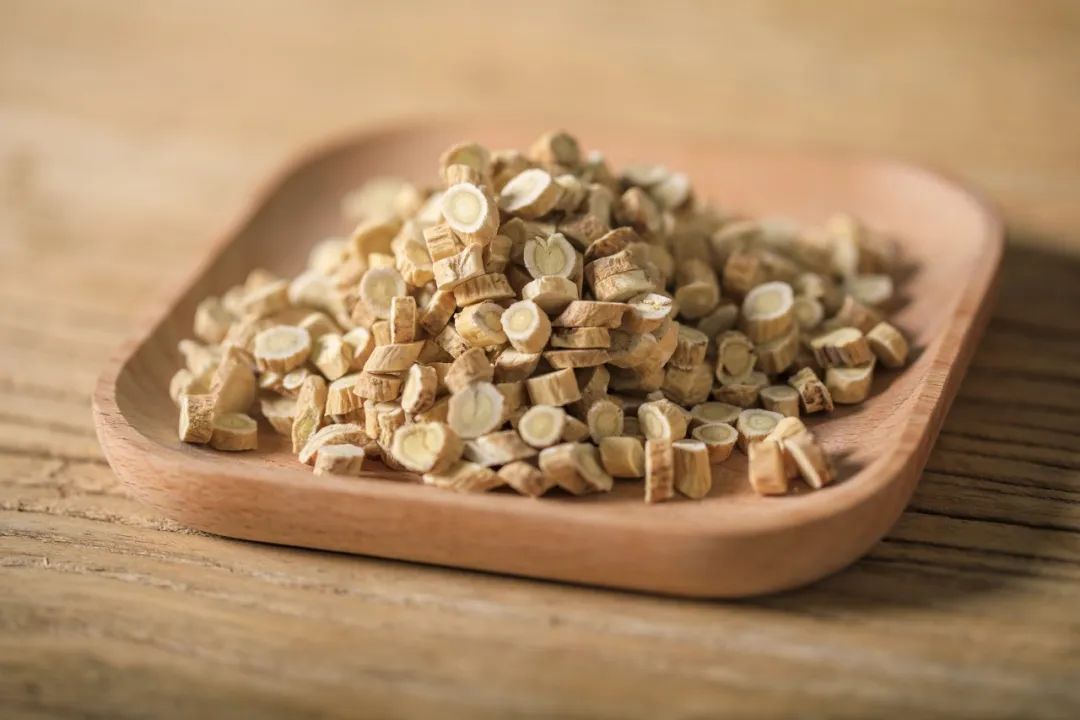
Astragalus (Huang Qi) is a commonly used Chinese medicinal herb and one of the most important tonics in Traditional Chinese Medicine (TCM). In daily life, we often encounter health enthusiasts who use Astragalus as a health supplement, but sometimes people ask me, “Pharmacist Zhu, why do I feel uncomfortable after drinking Astragalus water?” So, do you really know the effects and contraindications of Astragalus?
Traditional Chinese Medicine’s Discussion on Astragalus
The Chinese Pharmacopoeia records that Astragalus has a sweet taste and a slightly warm nature; it enters the Lung (Fei) and Spleen (Pi) meridians. It has the effects of tonifying Qi, raising Yang, stabilizing the exterior and stopping sweating, promoting urination and reducing edema, generating fluids and nourishing blood, relieving stagnation and alleviating pain, expelling toxins and promoting pus discharge, and promoting wound healing. Clinically, it is used for symptoms such as Qi deficiency, fatigue, poor appetite, diarrhea, prolapse of the rectum, blood in stool, spontaneous sweating, Qi deficiency edema, difficult-to-heal sores, and blood deficiency with yellowing of the skin, as well as internal heat and thirst. Historical medical texts have elaborated on the effects of Astragalus; the first monograph on Chinese medicine, Shen Nong’s Herbal Classic, states that Astragalus can treat: “abscesses, chronic ulcers, promote pus discharge and relieve pain, wind-heat skin diseases, hemorrhoids, and children’s ailments.” In the Medical Origins written by Zhang Yuansheng in the Jin Dynasty, it discusses Astragalus: “treats deficiency and sweating, tonifies Lung Qi, strengthens the skin and hair, clears Lung fire, and is effective for spleen and stomach deficiency, and is essential for treating internal Yin deficiency and sores.” Therefore, Astragalus not only has the function of tonifying deficiency but also has a role in treating sores and is the first choice in TCM surgical treatment of ulcer diseases.
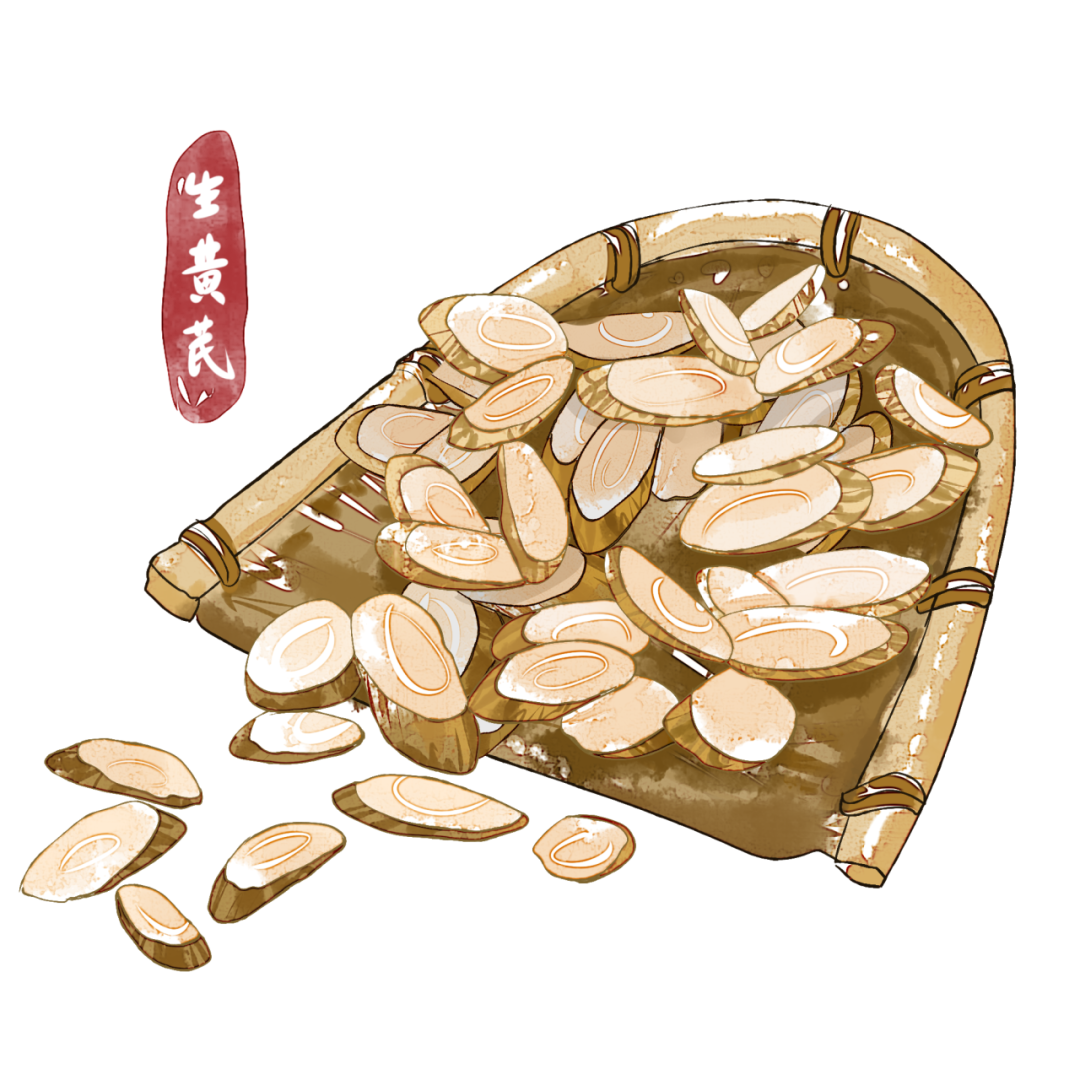
Modern Research on Astragalus
Modern studies have found that the main components of Astragalus are Astragalus polysaccharides (APS) and saponins. To date, over 40 triterpenoid saponins have been extracted and isolated from Astragalus, among which astragaloside IV has become a research hotspot in recent years due to its multiple pharmacological activities, including anti-cardiovascular disease, anti-gastric ulcer, immune regulation, and anti-tumor effects. Additionally, Astragalus contains flavonoids, organic acids, trace elements, and amino acids, which have various therapeutic values and health benefits.
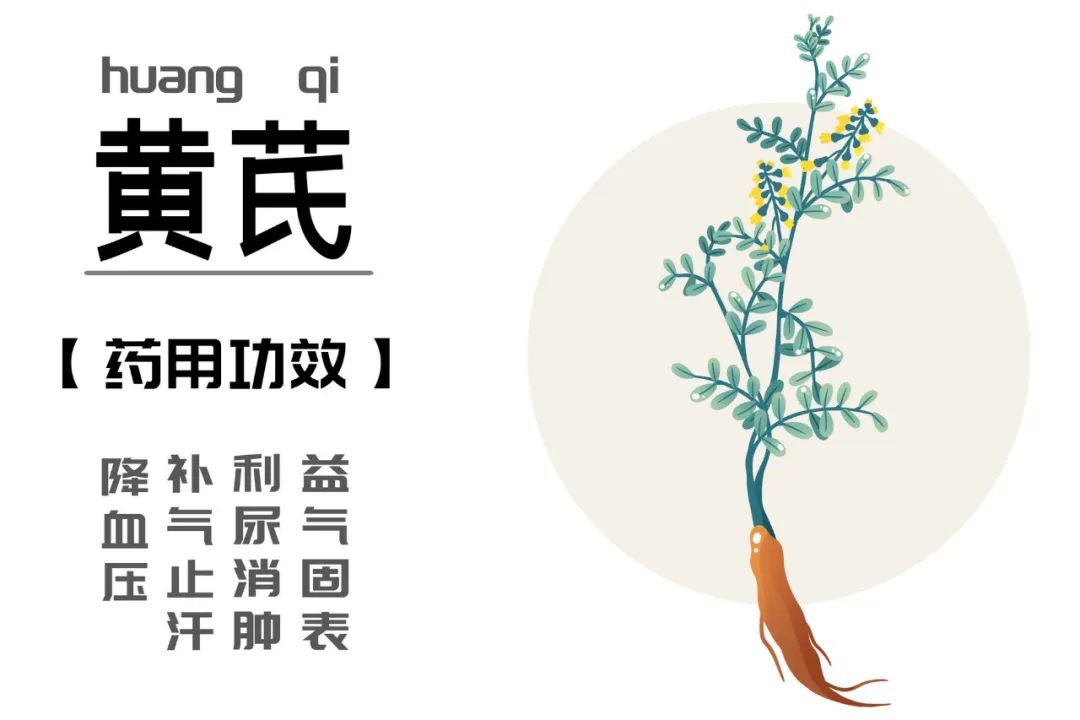
Contraindications for Astragalus Use
Although Astragalus has a wide range of pharmacological effects, it is not suitable for everyone. The famous physician Zhu Danxi from the Yuan Dynasty stated: “Astragalus is suitable for those with deficiency and excessive sweating, but those with a dark complexion and thin build should avoid it, as it may cause fullness in the chest; it is advisable to use San Ao Decoction to purge it.” The “dark complexion and thin build” refers to patients with excess conditions and Yin deficiency with Yang excess who should not use Astragalus. Misuse of Astragalus can often lead to symptoms such as constipation, bad breath, acne, and in severe cases, may cause fullness in the chest and stomach.
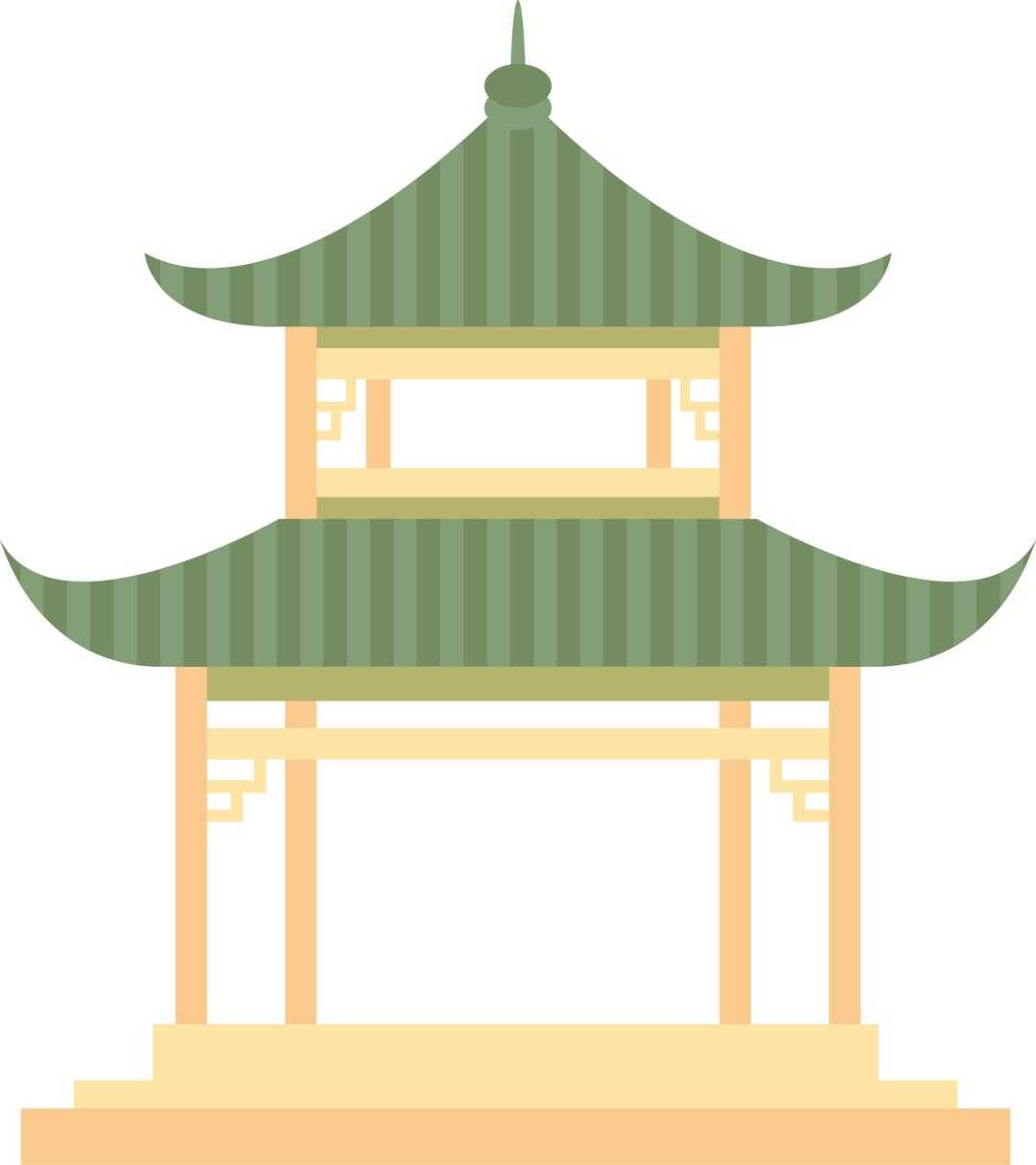

The following conditions should avoid Astragalus:
1. Individuals with a heat constitution should not consume Astragalus.
2. Women during their menstrual period should not consume Astragalus.
3. Patients with colds should not take Astragalus.
4. Patients with bacterial infections and fever should not take Astragalus.
5. Individuals with Kidney Yin deficiency and damp-heat should not take Astragalus.
6. Patients with cerebral hemorrhage should not consume Astragalus.
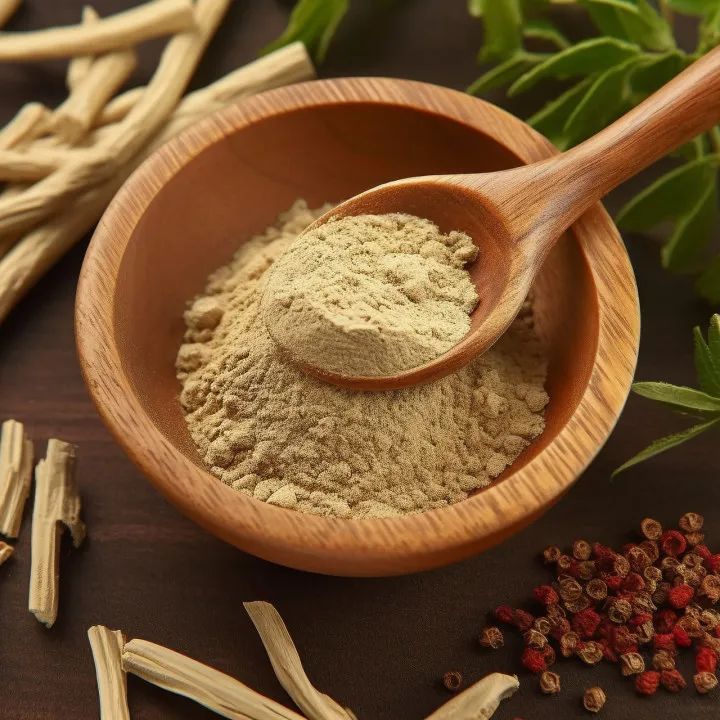
Additionally, patients with hypertension should use Astragalus with caution and only under the guidance of a TCM practitioner. Clinical studies have shown that Astragalus has a significant dose-response relationship with blood pressure; low doses can raise blood pressure, while high doses can lower it. The appropriate dosage needs professional medical guidance.
In summary, Astragalus holds an important position in both traditional Chinese medicine and modern medicine, providing numerous health benefits. However, individuals should pay attention to the contraindications and dosages when using Astragalus and consult a professional physician when necessary.
Author’s Biography

Zhu Haiqing, Deputy Chief Pharmacist, Pharmacy Department, Shanghai Traditional Chinese Medicine Hospital
National talent for the inheritance of characteristic Chinese medicine technology, Deputy Secretary-General of the Shanghai Medicinal Cuisine Association, and Council Member of the Popular Science Branch of the Chinese Ethnic Medicine Association. Currently responsible for outpatient pharmacy work. Engaged in traditional Chinese medicine work and clinical teaching for many years, well-versed in the properties of Chinese herbs and traditional TCM techniques, with rich experience. Specializes in Chinese herbal identification, medicinal cuisine, TCM health preservation, combined use of Chinese and Western medicine, adverse reaction monitoring, and medication education.
-END-
The images in this article are sourced from the internet for public welfare dissemination. We thank the authors of the images; if there is any infringement, please contact us for removal.

This article is an original work by “PSM Yao Shield Public Welfare”. For reprints, please leave a message.
Review Expert: Zhu Quangang, Chief Pharmacist, Shanghai Skin Disease Hospital/Tongji University Affiliated Skin Disease Hospital

References
[1] Wang Zhen, Zhang Junling, Jiao Hongji, et al. Research Progress on the Pharmacological Effects and Quality Control of Effective Components of Astragalus. Drug Evaluation Research, 2023, 46(04): 917-924.
Pharmacist’s Discussion on Medication
The Shanghai Practicing Pharmacists Association was established in May 2002, and the Pharmacy Popular Science Committee was established in August 2020, with Shi Haoqiang from Ruijin Hospital serving as the chairman. The association consists of practicing pharmacists, employed pharmacists, and practicing pharmacist managers. The Shanghai Practicing Pharmacists Association’s Pharmacy Popular Science Committee aims to unite more pharmacists to engage in more popular science work and create a greater social effect!
Supporting Units for the Column:
Shanghai Practicing Pharmacists Association Pharmacy Popular Science Committee
Shanghai Huangpu District Science Popularization Volunteer Association


SearchAstragalusRelated Articles

